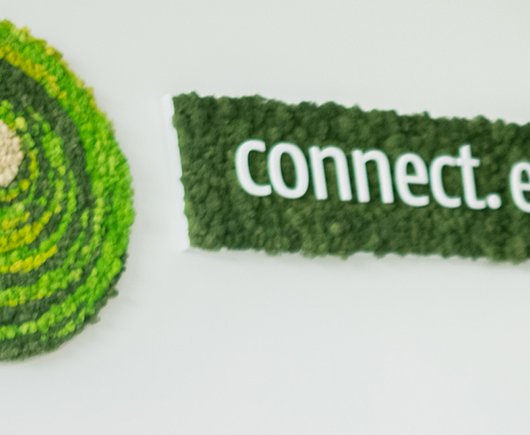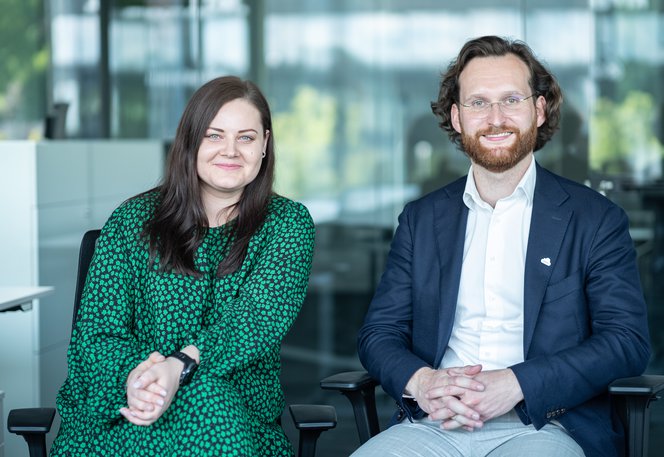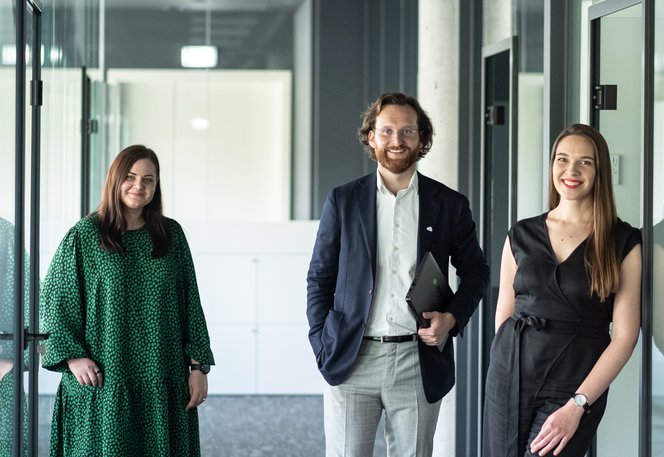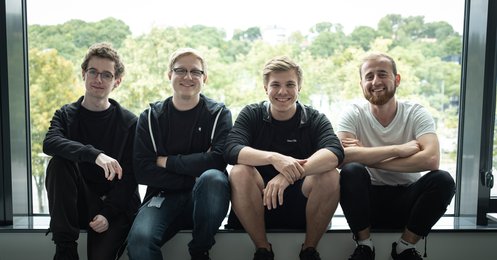Undoubtedly, quarantine has forced to review processes, optimize, and change them. According to Paulius, it should not be forgotten that psychology and relationships make up a large part of the business.
"I think quarantine has thrown people into a situation which has forced them to shift priorities and learn to do things differently. It turned out that some things that seemed important and consumed a lot of time before, weren't really that important at all and not worth all that time. In addition, quarantine allowed us to simplify many things. Basically, we did not have the luxury to do things in a complicated way and we had to learn how to do more with less."
The Country Manager of Kaunas-based Centric also notices that working from home has shown a real level of trust in each other within the organization, “I am really proud of my team, which showed maturity and proactivity during this period."
We will learn to work both ways
If quarantine has taught us to work from home, then the post-quarantine world will require us to learn how to work both ways. It is already clear that a significant number of people will choose to spend significantly more time working remotely rather than in the office. This means we will have to learn to work with those who sit in the office and those who work from home or other places.
"We asked our employees if they would like to work more from home after the quarantine. About 80 percent replied that they would like to work remotely at least 1-2 days a week. I think that my colleagues soon realized that the processes of work organization do not suffer when working from home and there are many advantages - the time you save traveling to and from the office and can dedicate to your family, relaxation, and leisure," Julija notes.





